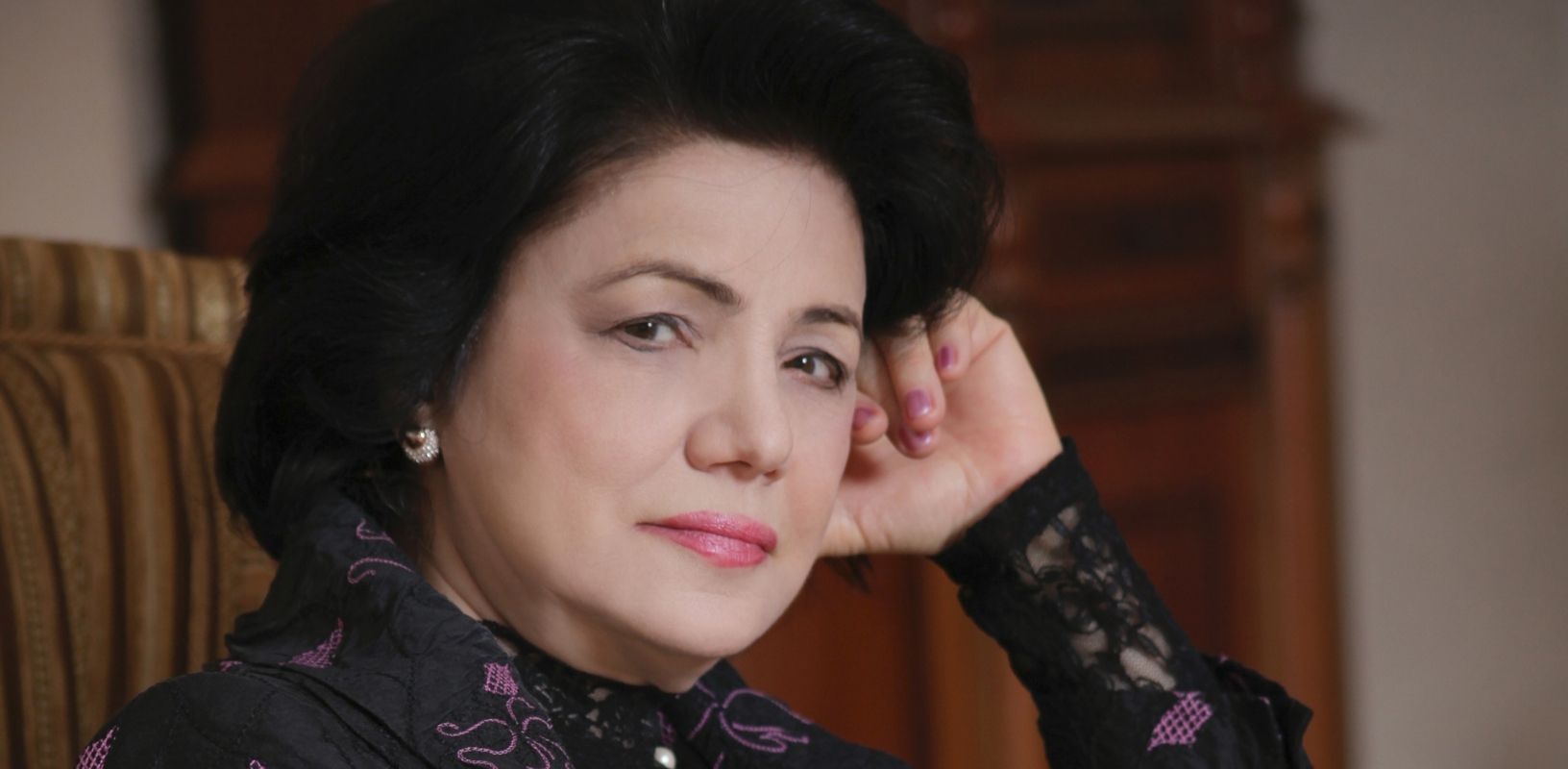Interview with Franghiz Ali-Zadeh on her 75th birthday

Azerbaijani composer Franghiz Ali-Zadeh reveals her musical inspirations, shares significant moments in her education and explains what audiences can expect from her music in a 75th birthday interview.
You were born and raised in Baku, Azerbaijan. How has your Azerbaijani upbringing and studies there influenced your writing?
Back in the ‘60s and ‘70s, those of us in music schools and the conservatory in Baku received a classical musical education according to the European system. We listened, studied and performed Bach, Mozart, Beethoven - through to Wagner and Stravinsky. Of course, all this hugely influenced our formation and tastes. On the other hand, three branches of national music are very strong in Azerbaijan: the art of Mugham, Ashug creativity, and folk song. This creative world has always surrounded us and had a great influence on our music, especially since it was what we listened to at home!
Which other composers have influenced your work?
During my musical education, two modern composers were the most accessible: Shostakovich and Prokofieff. Later, at the festival of contemporary music 'Warsaw Autumn' I heard many Western contemporary composers, for example Witold Lutoslawski and Krzysztof Penderecki. At the conservatory, I studied at two faculties: piano and composition. Therefore, I played a lot of modern music for the first time in the USSR (for example, Ludus tonalis by Paul Hindemith); I played more modern music for the first time in Azerbaijan in the ‘60s – everything written for piano solo by the Second Viennese School, Etudes of Olivier Messiaen, John Cage, Edison Denisov, Rodion Shchedrin, etc.
In 1989, I was invited to the Schoenberg Institute and gave a concert there. Schoenberg's daughter, Nuria Nono-Schoenberg, was there. She was amazed that I, not only performed her father's music, which was banned in the USSR, but also, that my Sonata was composed in the dodecaphonic style.
You once wrote of your Nasimi Passion that “Facts, thoughts and deep feelings [about events in my home Azerbaijan] have found their way into the music”. Are you often inspired by real-life events, past and present?
Different impulses can influence the development of my compositions. The life and tragic fate of the Azerbaijani poet, Nasimi, is very impactful and emotional and inspires every creative person I know.
When the Concertgebouw in Amsterdam commissioned me to write a Passion, I knew immediately I had to dedicate the work to Nasimi, especially since, at this time (2017) war was raging in Syria, and bombs were falling on the city of Aleppo, where Nasimi was buried.
You've written for an array of forces over the years, including non-Western instruments. Do you have a preferred instrument to write for?
My favourite Western instrument to write for is the cello, which has a huge range and inexhaustible timbre possibilities. I was inspired by the art of great cellists such as Mstislav Rostropovich, Yo Yo Ma, Ivan Monighetti, and David Geringas. I’ve collaborated with all of them creatively and dedicate my cello music to them!
Of the national Azerbaijani instruments, I like those instruments with a gentle sound most: the ney and canon. I often introduce them into my music, but this creates additional difficulties when performing in Europe or America, so I prefer to imitate their timbres with Western instruments of the orchestra.
For people just discovering your music, how would you describe your sound world?
I think that the listener can hear a certain synthesis in my music: European compositional techniques, and at the same time, eastern intonation and timbre originality coming from the Azerbaijani instrumentation. But it’s hard for me to judge this, each listener has their own opinion.
What was it like hearing your latest large-scale orchestral work, NIZAMI Cosmology, for the first time with Bournemouth Symphony Orchestra under its Chief Conductor Kirill Karabits?
I was happy to collaborate with such a great team at the Bournemouth Symphony Orchestra. This became possible thanks to the chief conductor of the orchestra, a wonderful young Ukrainian conductor - Kirill Karabits. He has repeatedly performed my music in Europe and America, and finally the idea arose to write something new, specifically for his orchestra.
When writing NIZAMI Cosmology Kirill and myself were in frequent discussions. The work was ready last year but, due to the pandemic, the premiere was repeatedly delayed. Finally, on 6 April 2022, a successful premiere took place.
What have you got coming up in the future? Are there any interesting performances or pieces in the pipeline?
I’m currently thinking about a new piece of music for the stage, which will combine the features of opera, ballet, pantomime and even a dramatic performance. I conceived it based on a play by a great Azerbaijani dramaturg - Hüseyn Cavid. I hope I still have time to finish this project in this life.
Interview with Bronte Larsen-Disney, 2022. Franghiz Ali-Zadeh is published by Sikorski
> Read more about Ali-Zadeh’s life and music
> Listen to our Ali-Zadeh playlist on Spotify
> Explore Ali-Zadeh's works
> News Search
